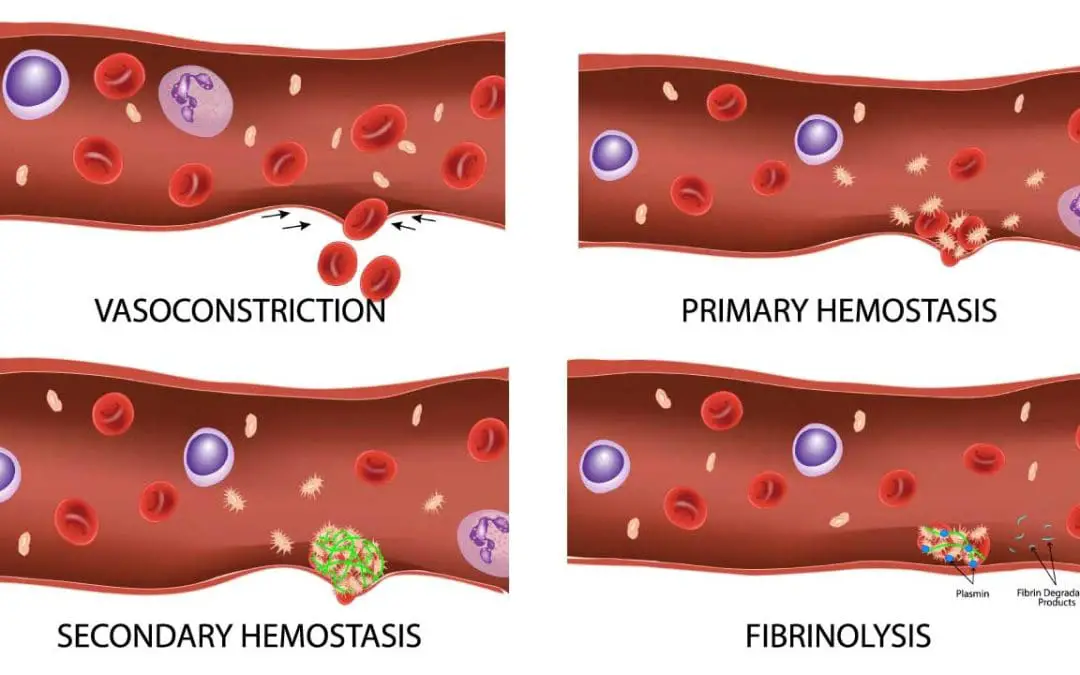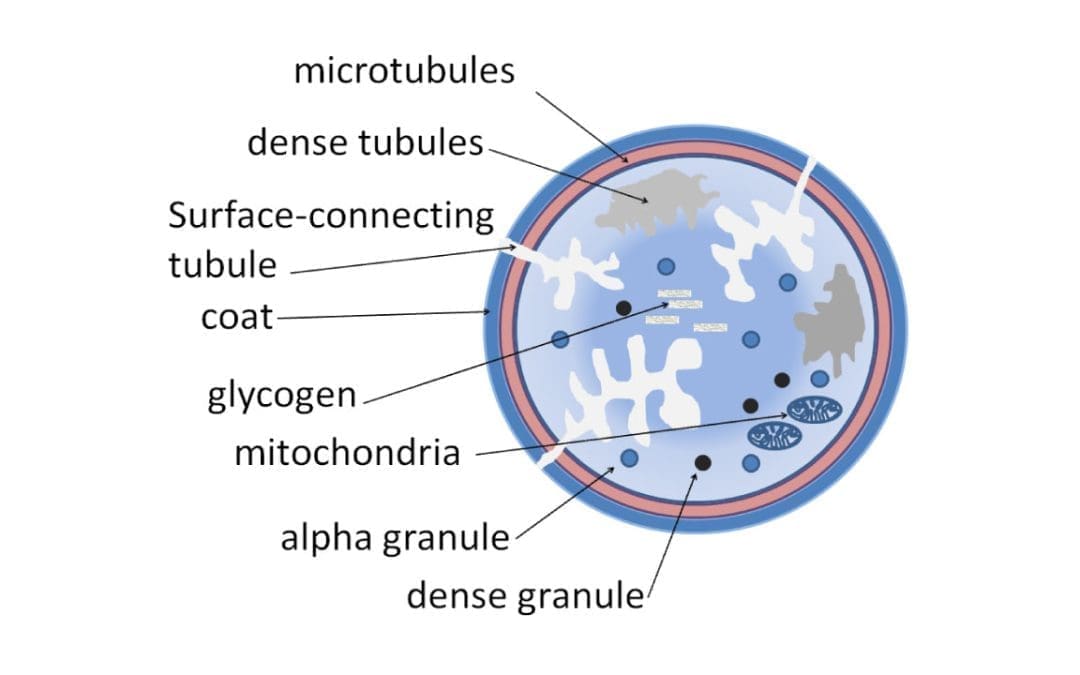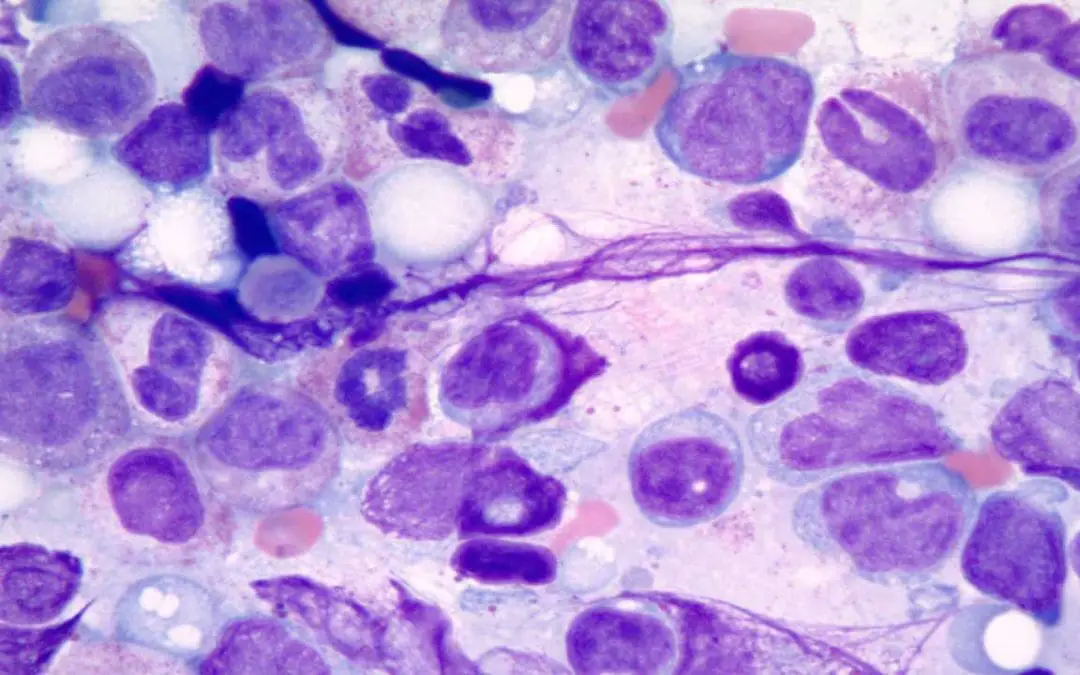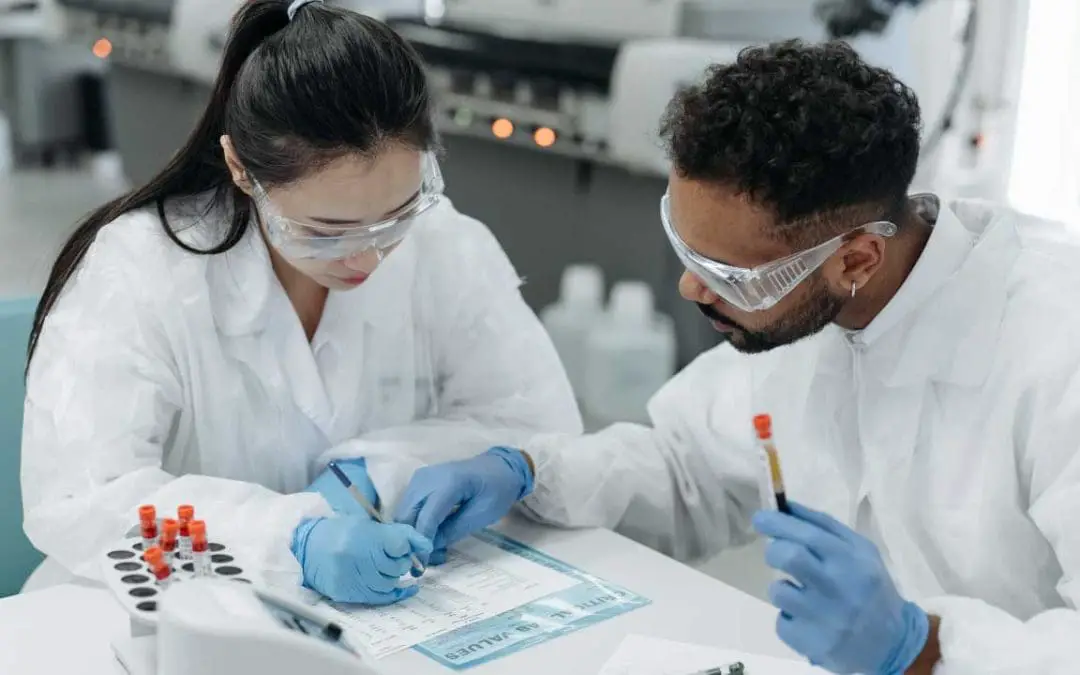
by MH Team | Dec 18, 2023 | Platelet Disorders
TL;DR Hemostasis is the intricate process of stopping and restarting blood flow after an injury. It has different stages, each playing a crucial role and relying on the previous one for successful completion. Vascular Spasm ▾: The immediate constriction of...

by MH Team | Dec 17, 2023 | Platelet Disorders
TL;DR Platelet or a thrombocyte is a small, anucleated cellular fragment derived from bone marrow megakaryocyte. Lifespan & Count: They circulate for 7–10 days with a normal reference range of 150,000 – 450,000/µL. Morphology ▾: Resting:...

by MH Team | Dec 14, 2023 | White Blood Cells
TL;DR Myelodysplastic syndromes (MDS) are a group of clonal hematopoietic stem cell disorders characterized by ineffective hematopoiesis, resulting in peripheral blood cytopenias and a high risk of progression to Acute Myeloid Leukemia (AML). Peak incidence >...

by MH Team | Dec 11, 2023 | Lab Protocols, Red Blood Cells
Procedure-at-a-Glance StepAction1. CollectionCollect 3mL EDTA blood for hemolysate preparation2. SeparationCentrifuge at 3000 rpm for 5 mins and discard the plasma later 3. WashingWash RBCs 3x with saline4. LysisAdd Lysis Agent5. ExtractionVortex6....

by MH Team | Dec 11, 2023 | Lab Protocols, Platelet Disorders
Procedure-at-a-Glance StepAction1. PreparationPrepare 1:1 mix of Patient Plasma (PP) and Pooled Normal Plasma (NP).2. Immediate MixRun APTT on NP, PP, and the 1:1 Mix immediately.3. IncubationIncubate the 1:1 Mix and NP at 37°C for 1–2 hours.4. Post-Incub....







Recent Comments